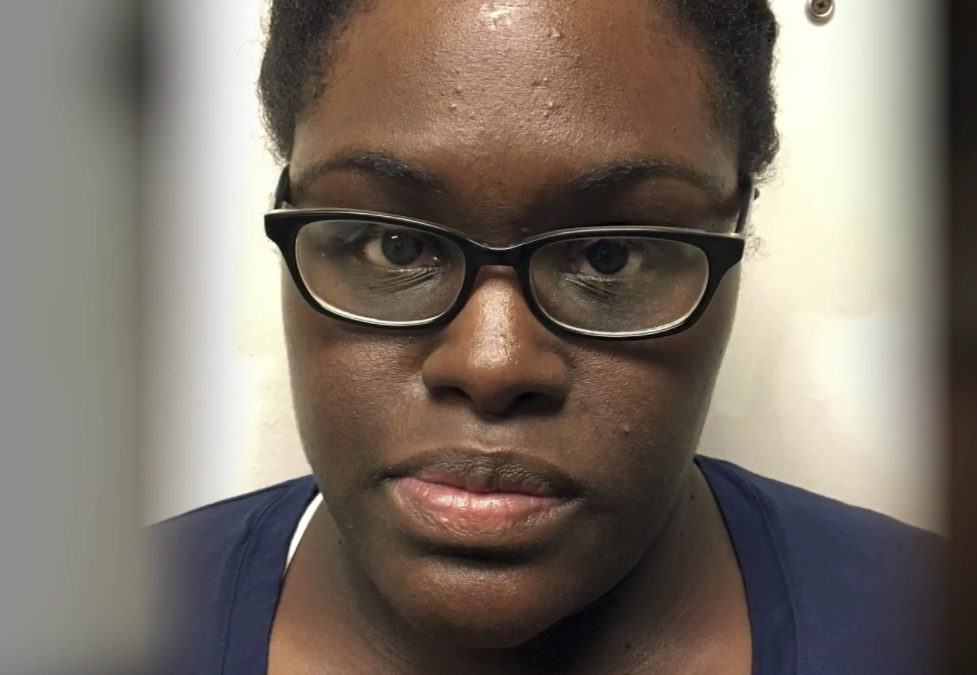There has been a disturbing development in the investigation into the death of H.R. McMaster, Sr., father of the former national security advisor to President Donald Trump, at Cathedral Village, a Philadelphia senior living care facility.
Death of McMaster, Sr. linked to nurse neglect
According to a report last week by 6abc Action News, a nurse has been charged with involuntary manslaughter, neglect, and falsifying documents following the death of the 84-year-old McMaster in April. Although originally ruled an accident, McMaster’s death from blunt impact head trauma was also considered to be suspicious, and an investigation was opened. According to Action News, investigators discovered that Christann Gainey, 30, an LPN contracted by Cathedral Village, failed to conduct proper check-ups on McMaster after he fell in the facility on April 12, and also falsified paperwork regarding McMaster’s care in the hours before his death. 6abc reported that authorities say Gainey “failed to provide the services necessary to preserve McMaster’s health when she failed to conduct the required tests.”
What we have here is a classic case of nursing home neglect that ultimately led to the wrongful death of an elderly patient. The only thing more shocking than the event itself is the fact that neglect of this nature, as well as the fabricated paperwork serving as a cover-up, happens with alarming frequency in nursing homes.
Many elderly residents are at risk of falling in senior care facilities due to any of a number of physical limitations or ailments. According to Action News, McMaster had suffered a stroke prior to being admitted to Cathedral Village where, slated for rehabilitation, he was considered high risk for falling. Just three days later, McMaster was discovered on the floor of his room with open wounds on his right temple and right shoulder, presumably after suffering a fall. The article does not speculate why McMaster fell at this time; however, as a nursing home attorney, I have encountered several incidents of nursing home falls wherein the staff did not adequately assess at-risk residents or implement appropriate fall precautions. I have also seen several cases of insufficient staffing, which left high-risk residents without necessary supervision or assistance in moving, resulting in falls.
Whatever the reason behind the fall of a nursing home resident, a follow-up protocol exists for nursing staff. According to Action News, Cathedral Village requires regular neurological evaluations following such an event, and paperwork to that effect was indeed filed by Gainey, the charge nurse at the time of McMaster’s fall; however, according to surveillance video, the evaluations were not actually conducted, says 6abc, who also reported that Gainey allegedly admitted to falsifying an evaluation sheet that showed a check of McMaster long after the patient had been found dead because she “didn’t want the next nurse to have to do them.”
This is what I see as one of the fundamental issues behind nursing home neglect: the reduction of nursing home care to paperwork, which in effect is a dehumanization of the patient. When families seek a senior care facility for their loved ones, they count on the staff to first and foremost approach their residents with basic compassion for persons in need.
Action News quoted Attorney General Josh Shapiro as saying that in her negligence to provide treatment, “Gainey intentionally, knowingly, and recklessly caused serious bodily injury to Mr. McMaster.” Gainey faces up to 20 years in prison. If there is anything good to come from this high-profile tragedy, it is that the public can be made aware of nursing home abuse and neglect so that a death like McMaster’s can hopefully be prevented in the future.
If you think your loved one is suffering from nursing home abuse and neglect, please contact nursing home attorney Brian P. Murphy for a free consultation.







